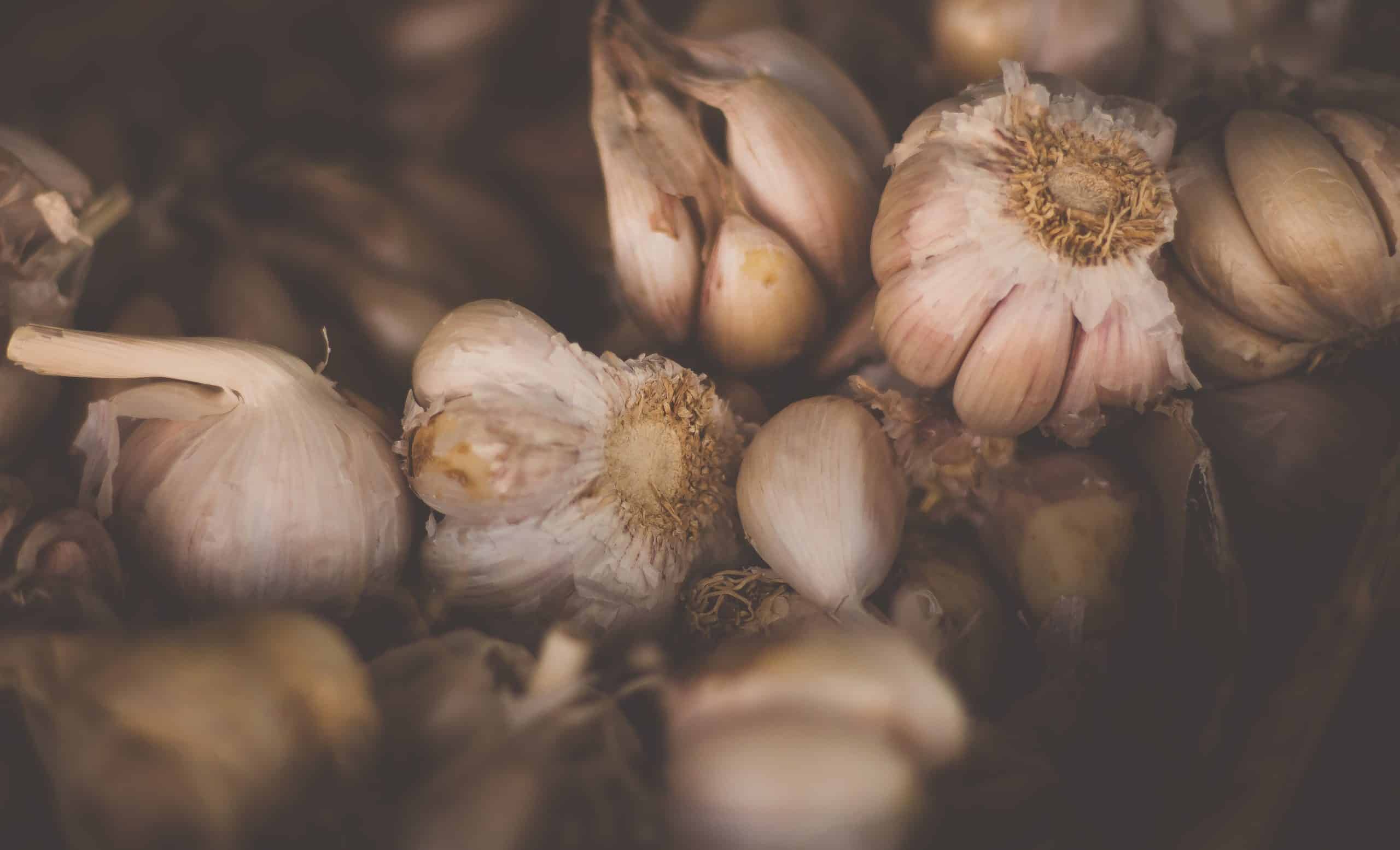Eating Your Way to a Healthy Immune System
Your immune system is your biggest defense against viruses, bacteria, and other foreign invaders. No matter what time of year it is, it’s always a good idea to support your immune system. Did you know you can help do this with the foods that you consume? Here is some key advice on how you can eat your way to a healthy immune system.

Healthy Eating for a Healthy Immune System
Overall, a healthy, balanced diet that provides a steady intake of nutrients is key to a healthy immune system. Foods and beverages that weaken immune function include those high in sugar and refined carbohydrates, processed foods, fried foods, soft drinks, and alcohol. Avoid these as much as you can, and instead fill your daily diet with real foods, including in-season fruits and vegetables, non-refined grains, plant- and/or animal-based proteins, and healthy fats such as omega-3 fatty acids and coconut oil. These healthy foods are key to providing nutrients such as vitamins C and A, zinc, and other nutrients that support immune function. In addition to an overall healthy nutrition plan, try adding specific foods that support the immune system to your diet, such as fermented foods, mushrooms, and garlic.
Support Your Microbiota with Fermented Foods
It’s estimated that 70% of your immune system is located in your gut. An imbalance of your gut bacteria (also known as the microbiota) can therefore impact the function of your immune system. Support your microbiota by adding fermented foods such as sauerkraut, miso, kefir, yogourt, and kimchi to your diet as they provide high amounts of good bacteria. Prebiotics are indigestible plant fibres that feed the good bacteria in your digestive system. In addition to fermented foods, incorporate prebiotic foods like garlic, leeks, asparagus, and bananas. Standardized probiotic supplements can also support the microbiota and have been shown to support the body during infections and reduce the side-effects associated with the use of antibiotics, such as diarrhea.[1]
Mushrooms: A Powerhouse of Nutrients
Humans have consumed mushrooms for over 5000 years,[2] and due to an excellent nutrient profile, the popularity of mushrooms continues to grow. Mushrooms provide vitamin D and B-vitamins such as riboflavin, pantothenic acid, and niacin, along with minerals such as selenium, copper, and potassium.[3] Naturally occurring antioxidants like ergothioneine and glutathione, along with beta-glucan polysaccharides, are notably found in mushrooms.[4] Mushrooms also provide protein and complex carbohydrates, including fibre. These nutrients are critical to promoting overall health and support the role of mushrooms as beneficial for the immune system, cognitive function, energy, and stress resistance.
Mushrooms have been extensively studied for their ability to regulate immune function, due in part to their active compounds such as beta-glucan polysaccharides and proteins.[2] Beta glucans are biological response modifiers that enhance the body’s response to infection by binding to receptors on the membranes of white blood cells, including macrophages, neutrophils, natural killer cells, and cytotoxic T-cells, to activate them. Clinical research has found that reishi mushrooms have extensive immune-modulating effects, and they help protect immune system cells from oxidative damage. [5,6]
Garlic: The Immunity Helper
Garlic has traditionally been used in herbal medicine to help relieve symptoms associated with upper respiratory tract infections and catarrhal conditions (such as nasal congestion).[7] This is mainly due to garlic’s organosulfur compounds, such as allicin, which has been shown to inhibit the development of some viruses. [8] In one study, 45 days of supplementation with a garlic extract significantly increased the concentration of immune cells compared to taking a placebo. After 90 days, participants experienced reduced cold and flu symptoms and missed fewer days of work or school in comparison to those taking the placebo.[9] You can add generous amounts of raw garlic to soups, stews, and salads, or look for a reputable garlic supplement.
Immune system function is also impacted by a number of other factors such as age, genetics, and stress. You can support your immune system by not only eating well, but also by resting when you’re feeling unwell, washing your hands, drinking lots of water, managing stress, and incorporating regular physical activity. Stay healthy!
References:
- Goldenberg JZ, Yap C, Lytvyn L, et al. Probiotics for the prevention of Clostridium difficile-associated diarrhea in adults and children. Cochrane Database Syst Rev. 2017;12(12):CD006095.
- Zhang JJ, Li Y, Zhou T, et al. Bioactivities and health benefits of mushrooms mainly from China. Molecules. 2016;21(7):E938.
- The Mushroom Council. Mushroom benefits. Available from: https://www.mushroomcouncil.com/nutrition-benefits/
- Kalaras MD, Richie JP, Calcagnotto A, et al. Mushrooms: A rich source of the antioxidants ergothioneine and glutathione. Food Chem. 2017;233:429-433.
- Lin ZB. Cellular and molecular mechanisms of immuno-modulation by Ganoderma lucidum. J Pharmacol Sci. 2005;99(2):144-153.
- Wang X, Lin Z. Immunomodulating effect of Ganoderma (Lingzhi) and possible mechanism. Adv Exp Med Biol. 2019;1182:1-37.
- Josling P. Preventing the common cold with a garlic supplement: a double-blind, placebo-controlled survey. Advances in Therapy. 2001;18(4):189-193.
- Kyung KH. Antimicrobial properties of Allium species. Curr Opin Biotech. 2012;23:142-147.
- Nantz MP, Rowe CA, Muller CE, et al. Supplementation with aged garlic extract improves both NK and gd-T cell function and reduces the severity of cold and flu symptoms: A randomized, double-blind, placebo-controlled nutrition intervention. Clin Nutr. 2012;31:337-344.
.png)